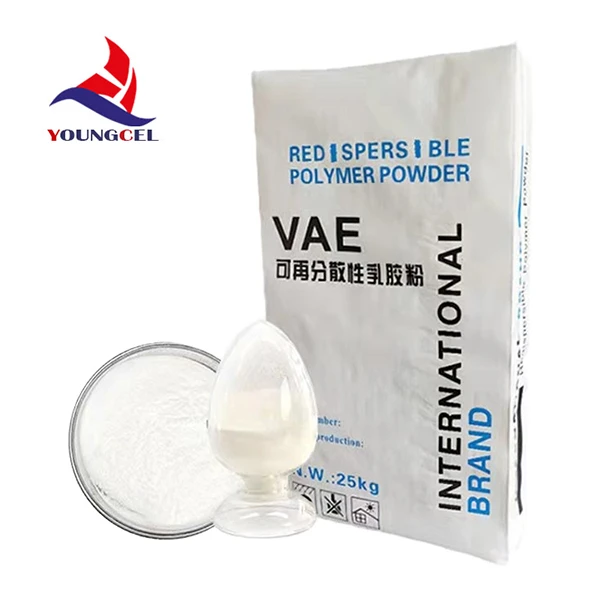The Role of Chemical Auxiliary Agents in Industrial Processes
Chemical auxiliary agents, often referred to simply as auxiliary agents, play a pivotal role in a wide variety of industrial processes. These substances, though not part of the primary raw materials, enhance the efficiency and efficacy of chemical reactions and manufacturing processes. They are indispensable in fields such as textiles, plastics, petrochemicals, and pharmaceuticals. This article explores the functions of chemical auxiliary agents, their benefits, and their impact on industrial applications.
The Role of Chemical Auxiliary Agents in Industrial Processes
In the plastics industry, chemical auxiliary agents such as stabilizers, fillers, and plasticizers are used to enhance material properties. Stabilizers prevent the degradation of plastic materials when exposed to heat or UV light, extending the lifespan of products. Fillers can improve mechanical properties and reduce costs, while plasticizers increase the flexibility and workability of plastics, making them suitable for various applications. These agents allow manufacturers to tailor the properties of their products to meet specific needs and performance standards.
chemical auxiliary agent

The pharmaceutical industry also extensively utilizes chemical auxiliary agents. These substances can improve the solubility and bioavailability of active pharmaceutical ingredients (APIs), leading to more effective medications. In drug formulation, auxiliary agents like excipients are crucial for ensuring the stability, effectiveness, and safety of medicinal products. They can assist in the controlled release of drugs, making it possible for medications to work more effectively over an extended period.
One of the significant benefits of using chemical auxiliary agents is the improvement in process efficiency. They can significantly reduce energy consumption and waste generation. For instance, in chemical manufacturing, certain auxiliary agents can facilitate reactions at lower temperatures or pressures, leading to reduced energy use and minimizing greenhouse gas emissions. The adoption of eco-friendly auxiliary agents is becoming increasingly popular, aligning with the global push towards sustainable production practices.
The regulation of chemical auxiliary agents is another vital aspect of their use. As industries become more aware of environmental and health concerns, many countries have implemented stringent regulations governing the use of chemicals in manufacturing processes. Companies must ensure that the auxiliary agents they use comply with safety and environmental standards to mitigate risks associated with their use. This pressure has led to the development of more sustainable and safer chemical auxiliary agents.
In conclusion, chemical auxiliary agents are essential components in various industrial processes, significantly enhancing production efficiency, product quality, and environmental compliance. Their application spans multiple industries, including textiles, plastics, and pharmaceuticals, where they contribute to improved performance and sustainability. As industries continue to evolve, the role of chemical auxiliary agents will undoubtedly expand, leading to innovations that promote both effective manufacturing and environmental stewardship. As the demand for sustainable production grows, the careful selection and regulation of these agents will be critical in ensuring a balance between industrial efficiency and ecological responsibility.
-
Premium Detergent Grade HPMC Hydroxypropyl Methylcellulose: Superior Thickening & StabilityNewsAug.31,2025
-
HEC 100000 Hydroxyethylcellulose for Paint | Superior ThickeningNewsAug.30,2025
-
Wall Putty Rdp Powder Packaging DesignNewsAug.29,2025
-
Introduction to Hpmc Hydroxypropyl Methyl CellulosNewsAug.29,2025
-
Hpmc Industri Grade IntegrationNewsAug.29,2025
-
How to Choose the Right Construction AdhesiveNewsAug.29,2025




